How Indians celebrate Ramzan in India and Historical Significance
Ramzan, also known as Ramadan, is a significant month that holds immense religious value for millions of Muslims worldwide. In India, the month-long celebrations are not only a religious affair but also a cultural extravaganza that showcases the country’s diverse traditions and weaves them into a beautiful fabric of unity. As soon as the crescent moon appears, marking the beginning of this holy month, the atmosphere is filled with spirituality and a sense of togetherness. During this time, Muslims observe the fast, offer prayers, and engage in various charitable activities to seek blessings and show gratitude towards the Almighty.
Historical Roots of Ramzan
Ramzan, the ninth month of the Islamic calendar, has its roots in the 7th century when Prophet Muhammad received divine revelations from Allah. This holy month holds immense significance for Muslims around the world who observe it by fasting from dawn to dusk, offering prayers, and seeking spiritual rewards. In India, Ramzan has become an integral part of the diverse tapestry of religious practices, and its historical acceptance has fostered a unique blend of traditions that honor both the religious and cultural aspects. This blend has resulted in the creation of unique food, music, and clothing traditions that are specific to Ramzan in India.
The Holy Month: Understanding Ramzan
Ramzan is a religious observance followed by the Muslim community, which starts with the sighting of the new moon. It involves a month-long period of fasting and spiritual reflection, where individuals abstain from food, drink, and other physical needs from dawn to sunset. This practice is not just a physical challenge but a spiritual journey that strengthens the connection with Allah. By engaging in self-discipline and reflecting on their actions, believers foster spiritual growth and empathy for others.
Suhur and Iftar Traditions
The pre-dawn Suhur meal is a time for nourishment and preparation for the day ahead. Families come together to share this early meal, creating a sense of unity. As the sun sets, the Iftar meal becomes a communal experience, with friends and family gathering to break their fast together. The act of breaking bread symbolizes not only sustenance but also the bonds that unite the community.
Diverse Celebrations Across India
India, known for its cultural diversity, showcases a myriad of Ramzan celebrations. In the northern regions, traditional customs take center stage, while the south sees unique cultural influences. The east and west boast regional variations, reflecting the cultural tapestry that defines India.
Mosques and Spiritual Gatherings
During the holy month of Ramzan, grand mosques take on a central role in the spiritual lives of Muslims. The call to prayer resounds across the city, beckoning the faithful to gather for communal worship. This shared experience of devotion and prayer fosters a deep sense of unity within the community. Through collective worship and engagement, Muslims seek blessings and strengthen their connection to God.
Charity and Community Service
Zakat, a form of charity, holds immense importance during Ramzan. Muslims are encouraged to give back to society, promoting social welfare and community development. Various initiatives, such as community kitchens and charity drives, exemplify the spirit of giving that defines this holy month.
Traditional Delicacies During Ramzan
Iftar delights form an integral part of Ramzan celebrations. From succulent kebabs to sweet treats, each region in India boasts its own culinary specialties. The diversity in flavors mirrors the multicultural landscape of the country.
Ramzan in the Modern Context
In the age of technology, social media plays a significant role in sharing the joy of Ramzan. Families and friends connect virtually, sharing their experiences and creating a sense of togetherness. The modern context of Ramzan embraces the use of technology to stay connected with loved ones.
Challenges and Solutions
As the holy month unfolds, individuals often grapple with the challenges of balancing work and religious obligations. Coping with the long fasting hours requires resilience and planning. This section explores practical tips to navigate these challenges and make the most of the sacred month.
Ramzan and Interfaith Harmony
Ramzan goes beyond religious boundaries, promoting interfaith harmony. Shared celebrations and mutual respect among communities contribute to a broader understanding of diverse traditions. This section delves into the importance of fostering unity among people of different faiths.
Family Traditions and Rituals
Passing down customs through generations is a cherished aspect of Ramzan. Family traditions and rituals create a sense of continuity and belonging. This section explores the significance of familial bonds during the holy month.
As the thin moon waves goodbye to the special month of Ramadan, it leaves behind a feeling of growing spiritually, getting closer to our community, and enjoying our cultural traditions. Ramadan is all about accepting our differences, coming together as one, and getting closer to God. It’s not just about the prayers and celebrations; it’s also a time to think about our lives, be thankful, and learn more about ourselves.
Also read : What are the Most Powerful South Indian Temples And Why
Discover more from Bhuchi's World
Subscribe to get the latest posts sent to your email.

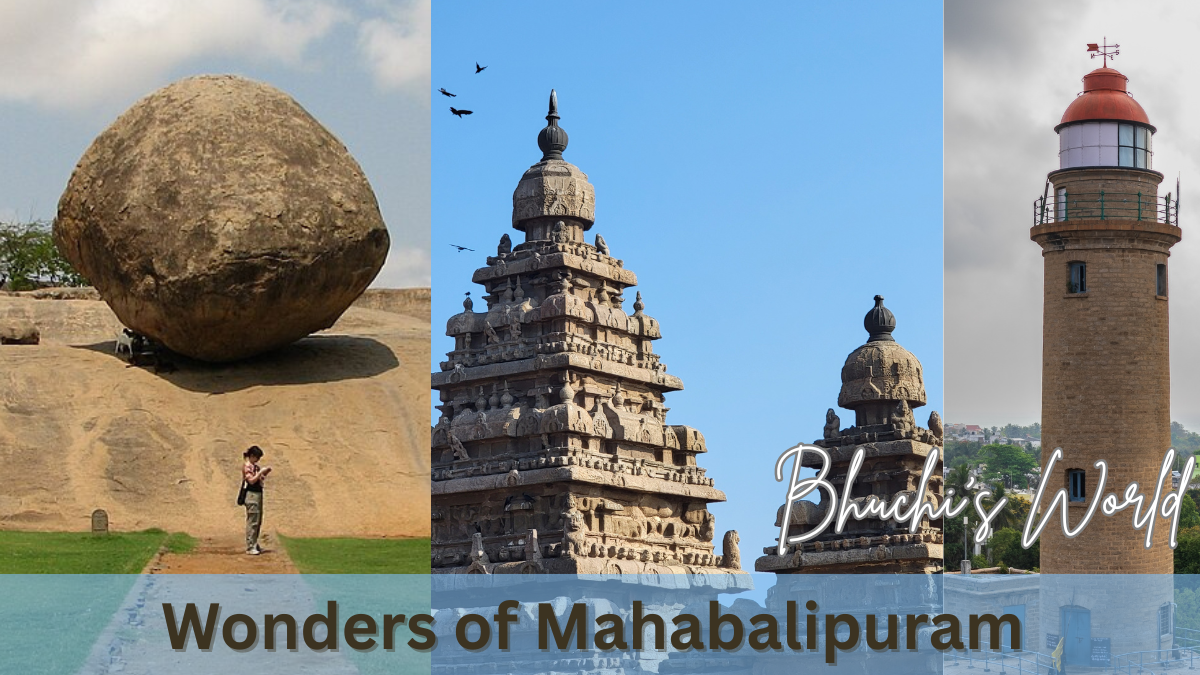
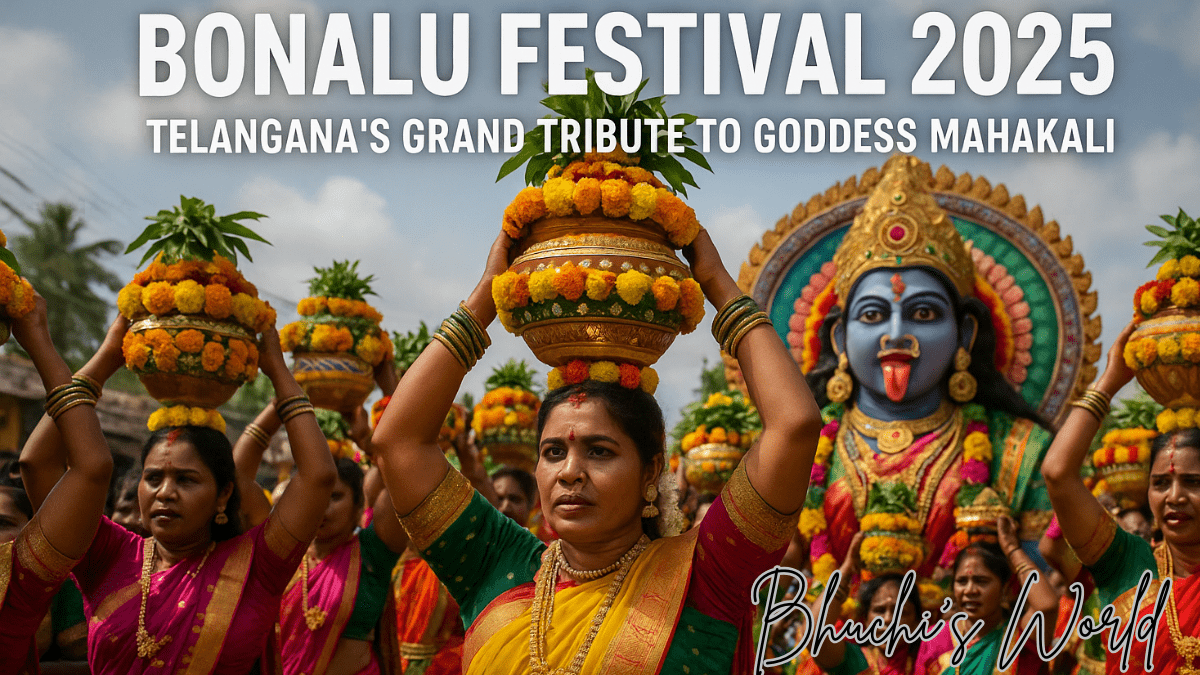

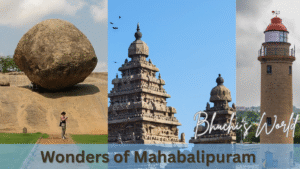
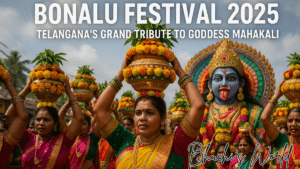

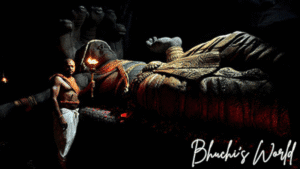


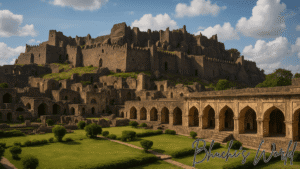


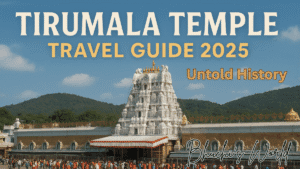
Post Comment